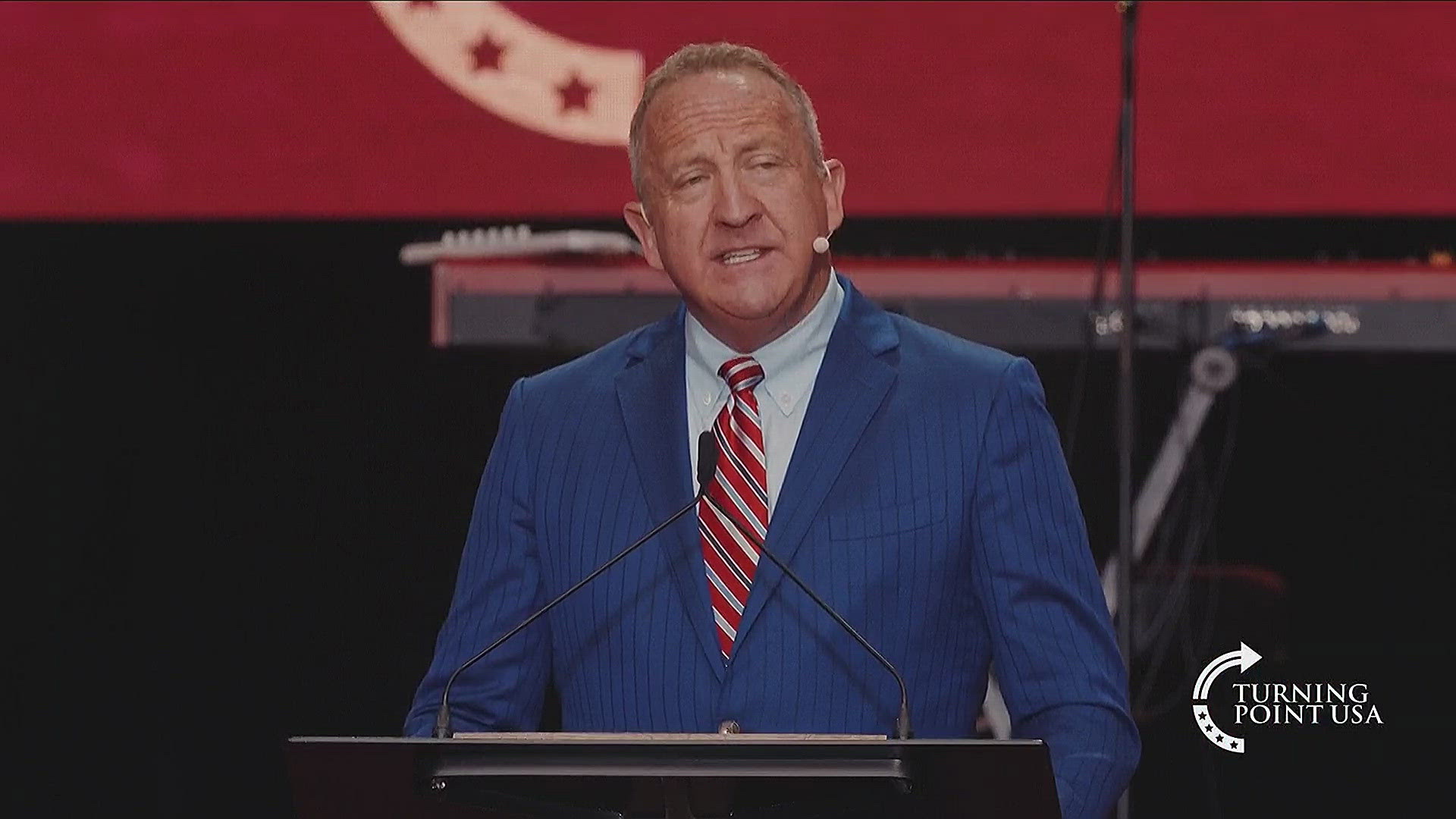Charlie Kirk’s Memorial: A Gospel Proclamation to Thousands
The memorial for Charlie Kirk felt less like a goodbye and more like a pulpit for the gospel. Thousands gathered and heard a clear message about faith, repentance, and the hope found in Christ. It was raw, public testimony about a life shaped by biblical conviction.
Leaders and pastors stood and spoke with urgency and warmth. They did not sanitize the hard parts or decorate the faith with comfortable language. Instead they pulled the focus back to Jesus, to redemption, and to the call to follow him.
Family testimony cut through the noise and made it personal. Those closest to Charlie described faith as the thread that ran through his decisions, not a political accessory. The tone was reverent and plain, pointing listeners to the cross rather than to applause.
Why This Moment Mattered
What made the event striking was the unapologetic proclamation of biblical truth in a large public setting. In a culture that often sidelines religious language, a bold gospel presentation on a big stage is significant. It reminded people that worship and witness still move communities when delivered with clarity and courage.
The speakers used Scripture-shaped language rather than slogans. That grounded the memorial in a narrative larger than any one life or movement. The result was a collective invitation to consider faith, not just to grieve a loss.
There was also an evangelistic edge to the testimonies. Pastors and friends did not simply recount achievements; they called the crowd to examine their hearts. That call was both tender and urgent, rooted in the biblical conviction that life without Christ is incomplete.
What We Can Take Away
This memorial showed that public grief can become public mission when framed by the gospel. A gathering of thousands became a pulpit where hope was offered and repentance was named as necessary. People left with invitations, not just memories.
The moment challenged Christians to speak plainly about faith in public life. Too often believers hide their deepest convictions; here those convictions were lifted up and given voice. It modeled how testimony, when tethered to Scripture, can resonate beyond a single community.
Lastly, the memorial pressed the church to remember its role as witness. When leaders use big stages to proclaim Christ rather than self, culture notices. That kind of witness is messy, brave, and faithful to how Scripture calls the church to behave.
In short, Charlie Kirk’s memorial became a moment of proclamation and pastoral care rolled into one. It reminded attendees and onlookers that the gospel is meant to be shared plainly and boldly. For many, it was a wake-up call to the urgency and beauty of the Christian message.

